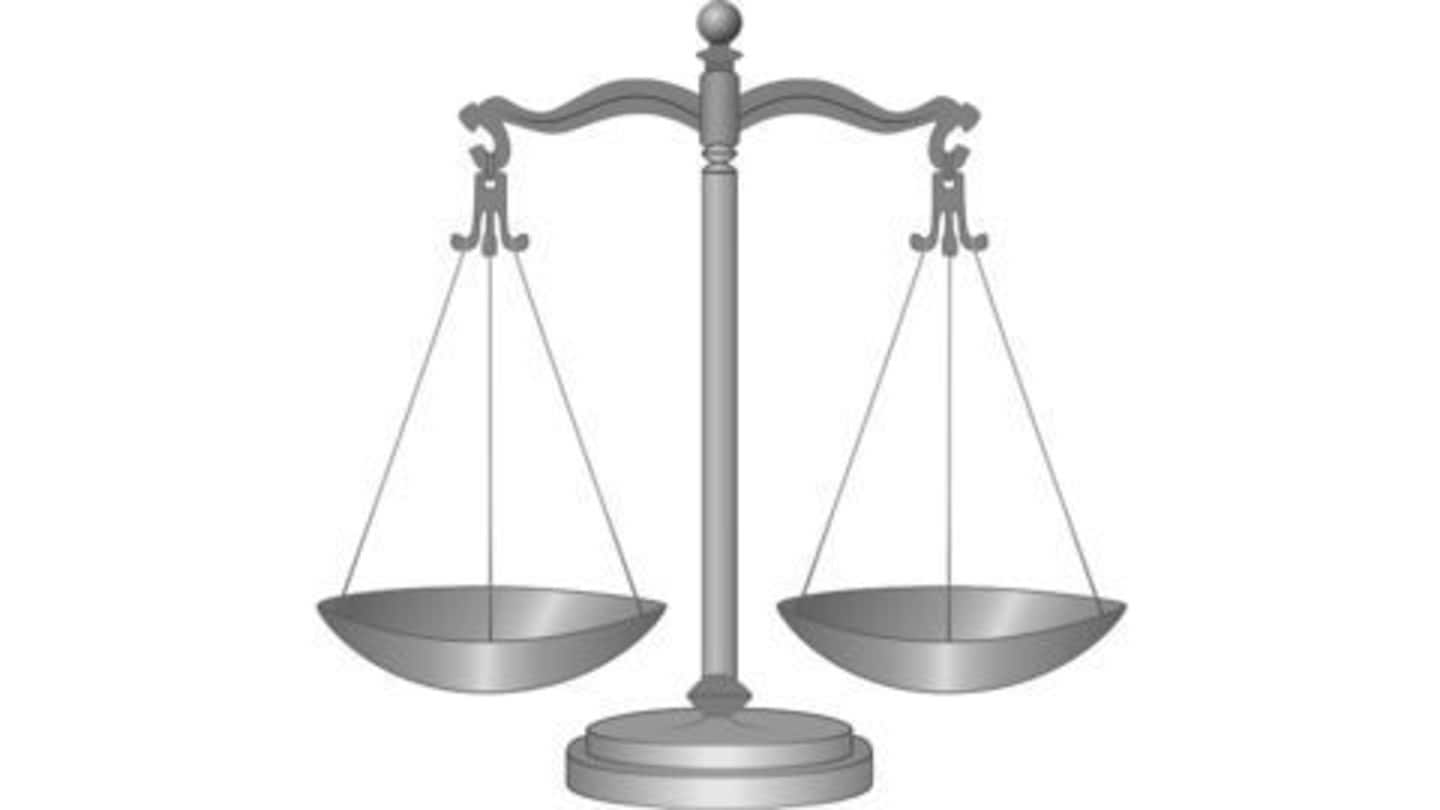
EFF sues US government over copyright law
What's the story
The Electronic Frontier Foundation (EFF) sued the US government over its Digital Millennium Copyright Act (DMCA), calling Section 1201 of the copyright law "unconstitutional".
According to the EFF, Section 1201 of the DMCA violates an individual's right to freedom of expression as it limits what an individual can do with a product that he or she has lawfully purchased.
Digital Millennium Copyright Act (DMCA)
What does the Digital Millennium Copyright Act (DMCA) say?
Introduced in 1998 under the Bill Clinton regime, the US Digital Millennium Copyright Act (DMCA) sought to address copyright issues pertaining to photography, music and film in the digital age.
Section 1201 of the DMCA, dealing with digital rights management (DRM), was designed to prevent people from carrying out acts like copying a film from a DVD and circulating it on the internet.
Definition
What is digital rights management?
Digital Rights Management (DRM) is practice of imposing technological restrictions on what users can do with copyrighted digital media such as films, software etc. DRM products were developed initially to curb online piracy, but has given rise to a series of unintended problems.
Implications of DMCA
The wider implications of the DMCA
The DMCA makes it unlawful for people to bypass software that restricts access to lawfully-purchased copyrighted material, be it music, films, computer codes etc., even if the acts themselves are legal.
For instance, modifying a DVD player to play DVDs bought anywhere in the world violates the DMCA.
Similarly, if one tries to fix a computer-related problem in one's car, it violates the DMCA.
Do you know?
Penalties of violating the DMCA
Violating the Digital Millennium Copyright Act (DMCA) can lead to a maximum fine of $500,000 or can lead to a 5 year prison sentence.
EFF's clients
Details of the case
The EFF is representing two clients, Andrew Huang and Mathew Green, in the case.
Huang, a PhD from MIT, says that he cannot build tools for legally capturing and editing digital video because of a copy protection mechanism.
Green, a software security researcher, says that he could be punished under Section 1201 for investigating software vulnerabilities if it involved bypassing copy protection systems.